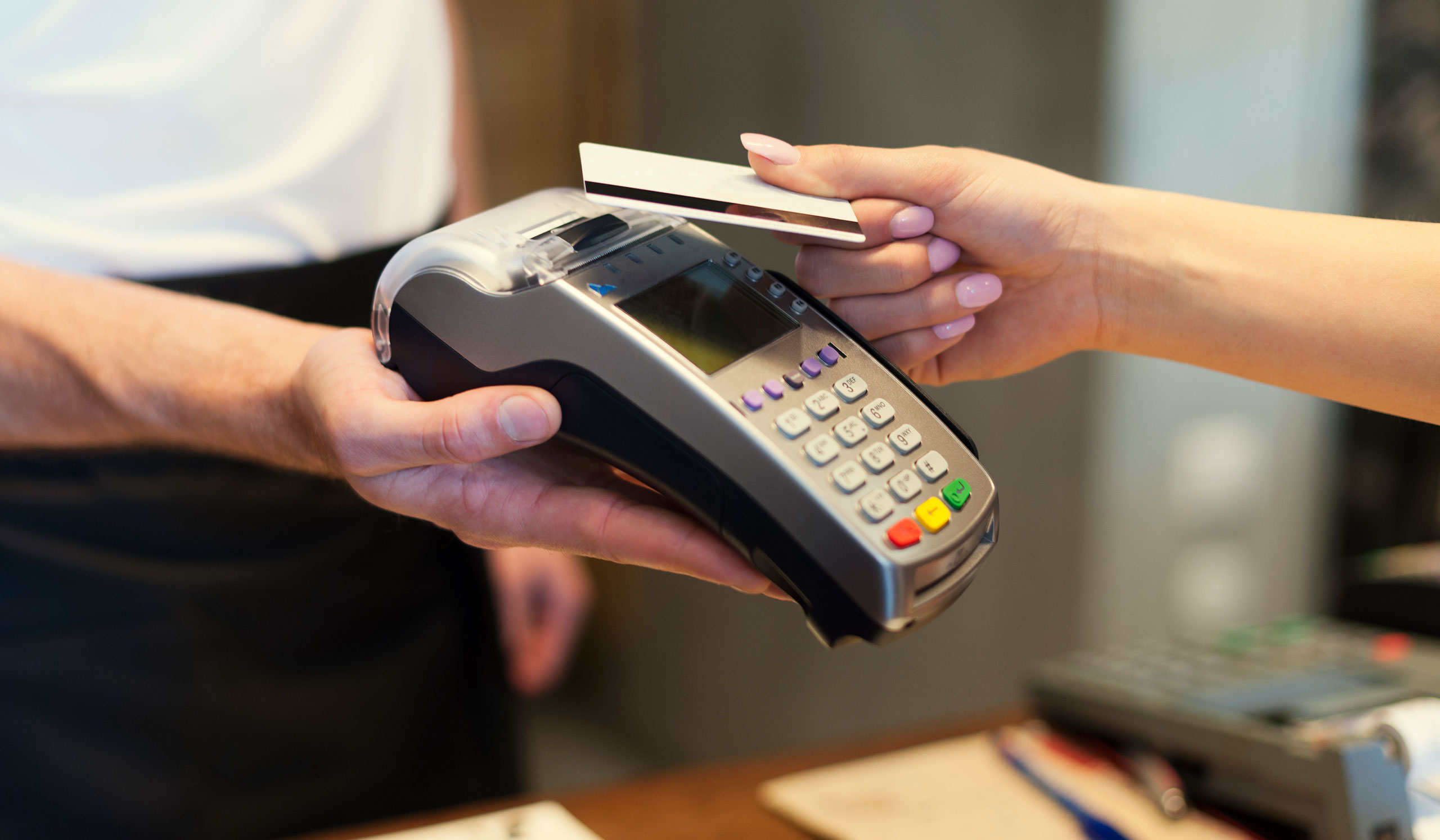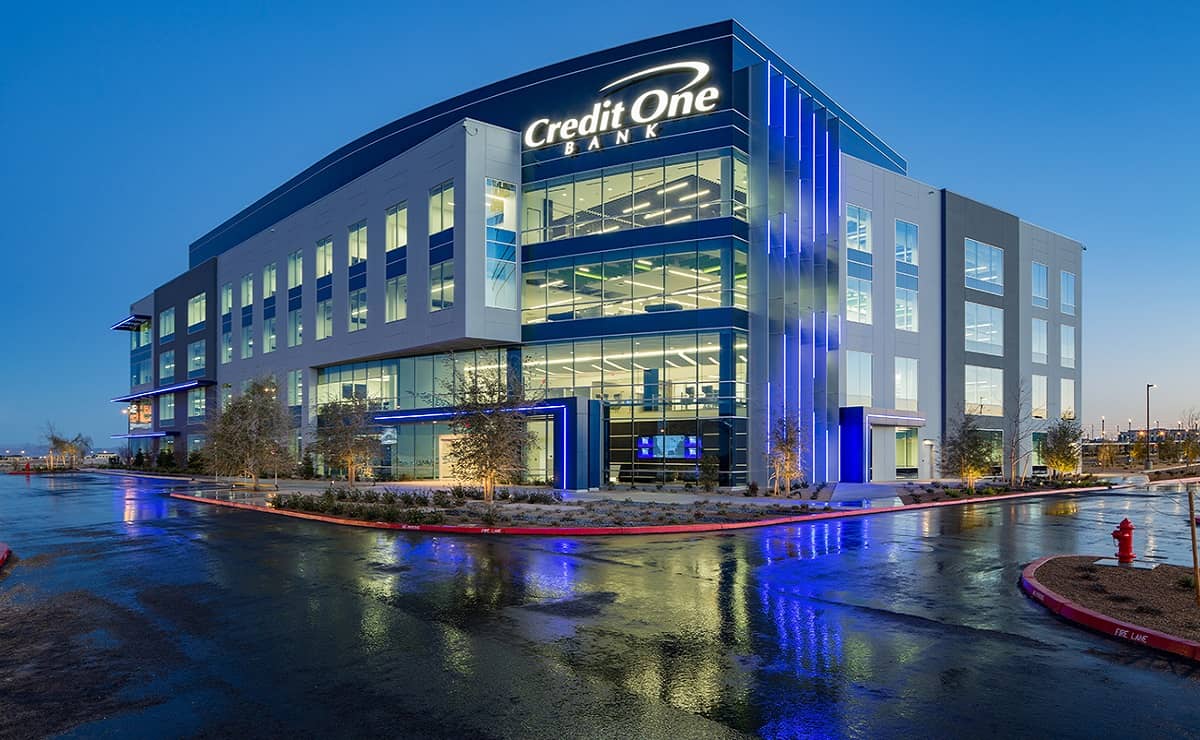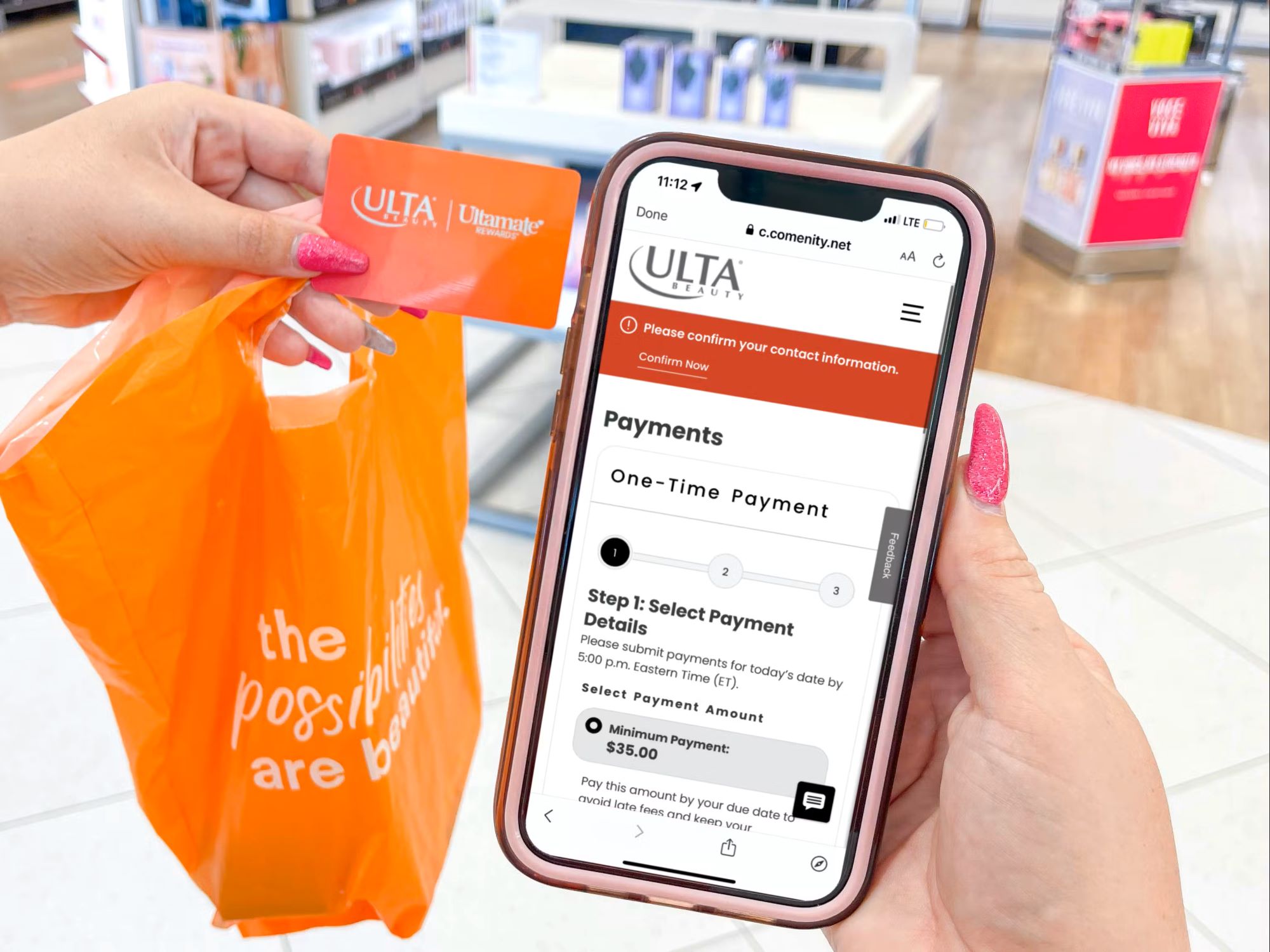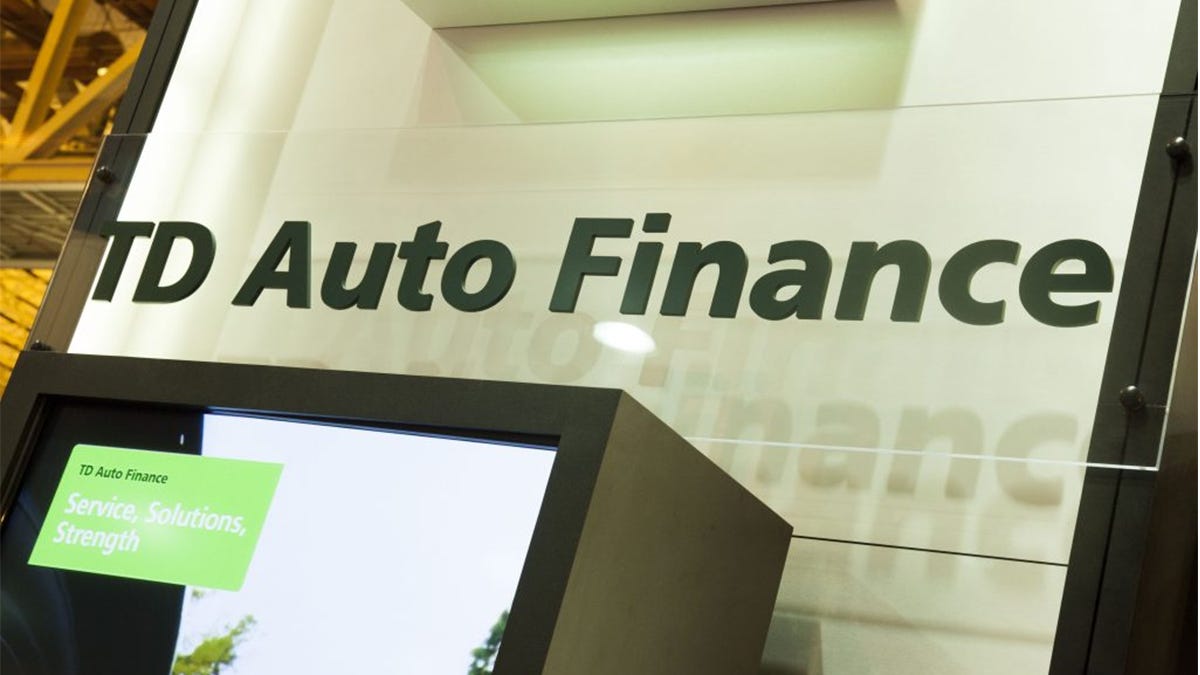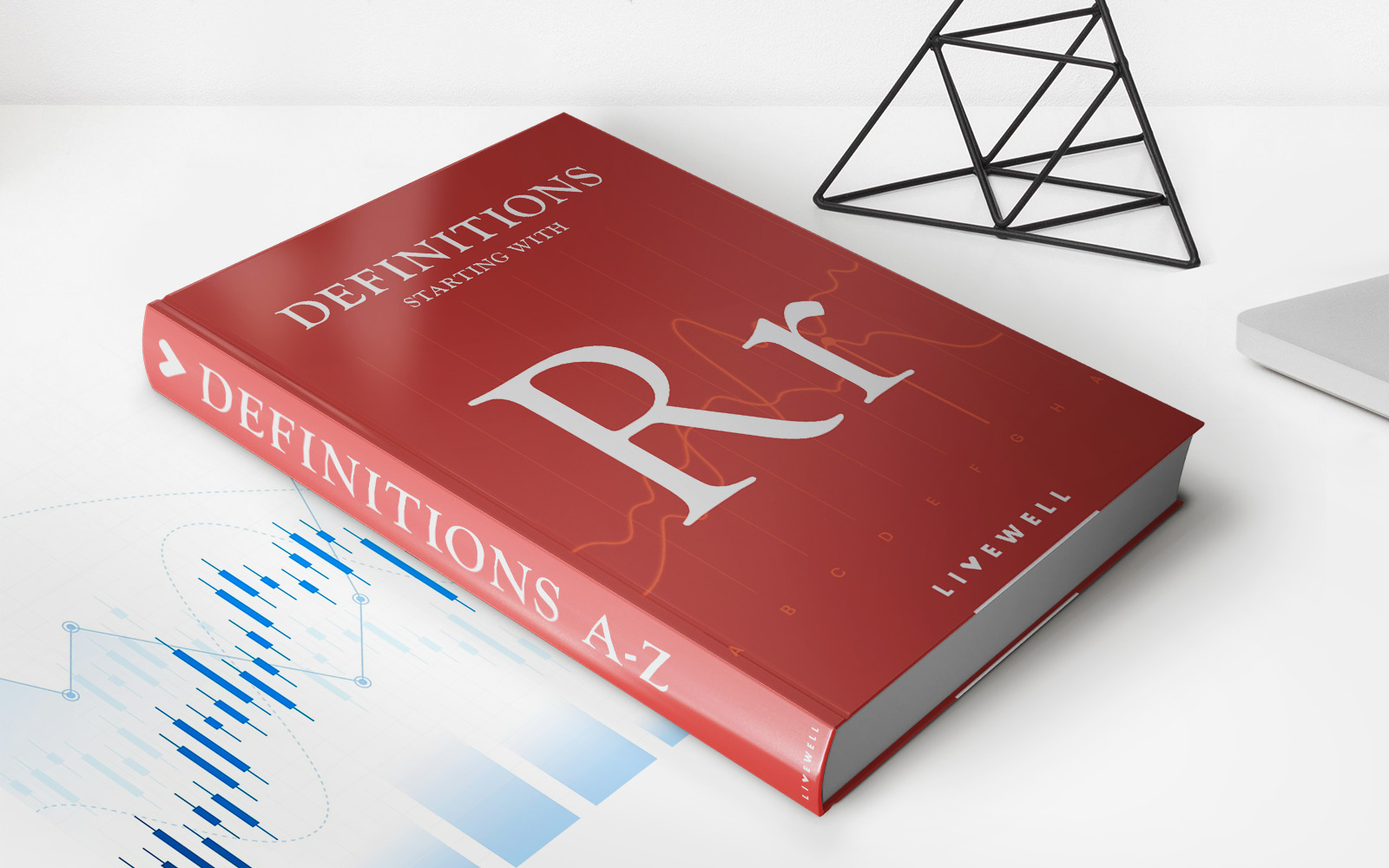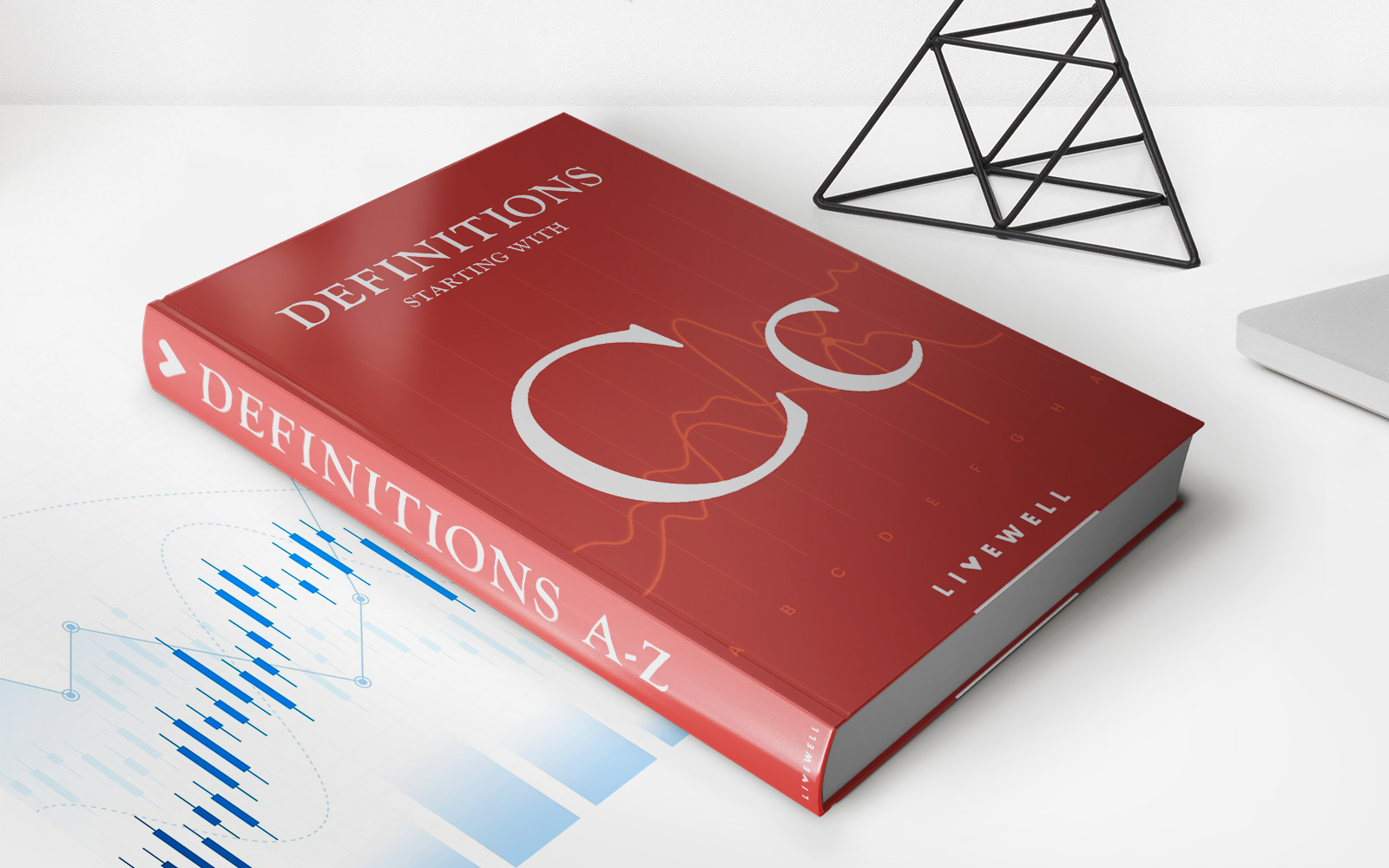Home>Finance>How Long After Closing Can I Use My Credit Card


Finance
How Long After Closing Can I Use My Credit Card
Modified: March 6, 2024
Discover the answer to "How long after closing can I use my credit card" and get expert advice on managing your finances. Explore financial tips and tricks in our comprehensive guide.
(Many of the links in this article redirect to a specific reviewed product. Your purchase of these products through affiliate links helps to generate commission for LiveWell, at no extra cost. Learn more)
Table of Contents
Introduction
When it comes to the homebuying process, there are several important steps that need to be completed before you can officially call yourself a homeowner. One of the most significant milestones is the closing process. This is where all the necessary documents are signed, and ownership of the property is transferred from the seller to the buyer.
However, many new homeowners may have concerns or questions about their financial options after the closing. One common question is, “How long after closing can I use my credit card?” This is an important consideration, as credit cards play a crucial role in our day-to-day financial transactions.
In this article, we will explore the various aspects of the closing process, understand the timeframe for credit card usage after closing, and discuss the implications and considerations of using credit cards shortly after becoming a homeowner.
It’s important to note that while the information provided in this article is based on general practices and guidelines, it’s always recommended to consult with your lender or financial advisor for personalized advice regarding your specific situation.
Understanding the Closing Process
The closing process is the final step in the homebuying journey. It typically takes place a few weeks after the seller accepts the buyer’s offer. During this time, various tasks are completed to ensure a smooth transfer of ownership.
One of the most critical components of the closing process is the signing of legal documents. These documents include the purchase agreement, mortgage agreement, and other paperwork necessary to finalize the transaction. Additionally, the buyer and seller will typically be present at the closing, along with their respective real estate agents and a closing agent or attorney.
Another essential aspect of the closing process is the payment of closing costs. These costs typically include fees for the mortgage loan, property taxes, title insurance, appraisal fees, and other expenses associated with the transaction. The buyer is responsible for paying these costs, either upfront or by including them in the mortgage loan.
Once all the documents have been signed and the closing costs have been paid, the ownership of the property is officially transferred to the buyer. At this point, the buyer becomes the new homeowner and is responsible for the mortgage payments and other ongoing expenses associated with homeownership.
Understanding the closing process is crucial because it provides clarity on the timeline and requirements for finalizing the home purchase. This knowledge is especially important when considering the use of credit cards after closing.
Closing Costs and Mortgage Payments
When purchasing a home, it’s important to understand the financial obligations associated with the closing process. One of the significant expenses that buyers need to consider is the closing costs.
Closing costs are the fees and charges associated with the transaction and are typically paid by the buyer. These costs can vary depending on factors such as the purchase price of the home, the location, and the specific terms of the loan. Examples of common closing costs include loan origination fees, attorney fees, title search fees, appraisal fees, and property taxes.
In addition to the closing costs, buyers need to be prepared for ongoing financial obligations, such as mortgage payments. A mortgage is a loan that is used to finance the purchase of the property, and it is repaid over a set period, typically 15 or 30 years. The monthly mortgage payment consists of principal (the amount borrowed), interest (the cost of borrowing), property taxes, and insurance (homeowner’s insurance and, in some cases, private mortgage insurance).
It’s important to factor in these closing costs and monthly mortgage payments when assessing your financial situation after closing. This will give you a clearer understanding of your budget and the financial resources available for credit card usage.
It’s worth noting that some buyers may choose to roll the closing costs into their mortgage loan. While this can be convenient, it also increases the loan amount and subsequently the monthly mortgage payments. It’s essential to weigh the pros and cons and consider your long-term financial goals before making this decision.
Credit Card Usage and Closing
Credit cards are a ubiquitous financial tool that many individuals rely on for convenience and flexibility in their day-to-day transactions. However, when it comes to the closing process and the transition to homeownership, there are a few considerations to keep in mind regarding credit card usage.
Firstly, it’s important to understand that the closing process itself does not directly impact your ability to use your credit cards. Closing on a home does not result in an immediate freeze or restriction on your existing credit card accounts. You can continue to use your credit cards as usual after closing, provided that you have available credit and can meet your monthly payments.
That being said, it’s important to keep in mind that the homebuying process involves various financial transactions and expenses. It’s a good idea to assess your credit card usage and spending habits during this time to ensure that you can manage your overall financial obligations.
Additionally, it’s worth noting that large credit card purchases made immediately prior to or during the closing process could potentially raise red flags for lenders. This is because lenders assess the borrower’s debt-to-income ratio and overall financial stability when evaluating the mortgage application. Large credit card purchases or significant changes in credit card balances could indicate increased financial risk and may impact the lender’s decision.
Furthermore, it’s crucial to be mindful of your credit card usage and avoid taking on additional debt during the homebuying process. Taking on excessive credit card debt could impact your credit score, which plays a significant role in securing a mortgage and obtaining favorable interest rates.
In summary, credit card usage is generally not directly impacted by the closing process itself. However, it’s important to be mindful of your overall financial situation, manage your credit card expenses responsibly, and avoid taking on excessive debt during this time.
Timeframe for Credit Card Usage After Closing
After the closing process is complete and you have officially become a homeowner, you may be wondering how soon you can start using your credit cards. The good news is that there is typically no set timeframe or waiting period for using your credit cards after closing.
As mentioned earlier, the closing process itself does not impose any restrictions on your credit card usage. Once the closing is finalized, you are free to continue using your credit cards as long as you have available credit and can make the monthly payments.
However, it’s important to keep in mind that the homebuying process can have financial implications and considerations. For example, you may have incurred certain expenses during the closing process, such as closing costs or moving expenses, which can impact your available funds.
Before diving into credit card usage, it’s a good idea to assess your financial situation and ensure that you have the means to responsibly manage your credit card expenses. Consider factors such as your ongoing mortgage payments, property taxes, and other homeownership-related costs.
It’s also worth mentioning that if you financed your new home with a mortgage loan, taking on new credit card debt or making large purchases immediately after closing can potentially affect your credit score. Lenders may evaluate your creditworthiness throughout the loan process, and significant changes in credit card balances or increased debt could impact your creditworthiness.
In summary, there is generally no specific timeframe for using your credit cards after the closing process. However, it’s important to assess your overall financial situation and ensure that you can responsibly manage your credit card expenses while considering the financial obligations associated with homeownership.
Considerations for Using Credit Cards After Closing
While there are no specific restrictions on using credit cards after closing, it’s essential to consider a few factors before relying on them for your financial needs as a new homeowner. Here are some key considerations:
- Budgeting and Financial Stability: Before using credit cards extensively, assess your budget and ensure that you can comfortably manage your mortgage payments, property taxes, and other homeownership-related expenses. Make sure you have a clear understanding of your income and expenses to avoid taking on excessive debt.
- Existing Credit Card Balances: If you already have outstanding credit card balances before closing, it’s crucial to develop a plan to tackle your debt effectively. Paying down existing balances can improve your credit utilization ratio and positively impact your credit score.
- Interest Rates and Fees: Familiarize yourself with the interest rates and fees associated with your credit cards. Paying attention to these details will help you avoid accumulating unnecessary interest charges and potentially high fees.
- Rewards and Benefits: Consider credit cards that offer rewards and benefits that align with your financial goals. Look for cards that offer cashback, travel rewards, or other perks that can help maximize your spending and potentially offset some homeownership expenses.
- Credit Score Impact: Understand that your credit card usage after closing can affect your credit score. Responsible credit card utilization and making timely payments can have a positive impact, while excessive debt, missed payments, or maxing out your credit cards can harm your credit score.
- Emergency Fund: It’s wise to have an emergency fund set aside after closing on a house. Having an accessible savings account can help cover unexpected expenses and reduce the reliance on credit cards for emergencies.
- Debt-to-Income Ratio: Keep in mind that lenders assess your debt-to-income ratio when evaluating your creditworthiness. Taking on additional credit card debt immediately after closing may affect your ability to qualify for future loans or impact your financial stability.
By considering these factors, you can make informed decisions about using credit cards after closing and ensure that you are maintaining a healthy financial situation as a new homeowner.
Impact on Credit Score
Using credit cards after closing can have an impact on your credit score, which is an important gauge of your creditworthiness. It’s crucial to understand how credit card usage can affect your score and take steps to maintain a healthy credit profile as a new homeowner.
One factor that influences your credit score is your credit utilization ratio. This ratio measures the amount of credit you’re using compared to the total credit available to you. Using a high percentage of your available credit, especially if you carry balances from month to month, can negatively impact your credit score. To maintain a healthy credit utilization ratio, aim to keep your credit card balances below 30% of your credit limit.
Another aspect that affects your credit score is your payment history. Making on-time credit card payments is crucial, as missed or late payments can significantly lower your credit score. After closing, it’s important to continue making timely payments to protect your credit standing.
Opening new credit card accounts or applying for multiple credit cards within a short period of time can also impact your credit score. Each new credit application results in a hard inquiry on your credit report, which can lower your score slightly. It’s important to be strategic when applying for new credit and consider the potential impact on your credit profile.
Additionally, the length of your credit history plays a role in determining your credit score. Closing old credit card accounts can reduce the average age of your accounts, potentially lowering your credit score. If you have older credit cards that you no longer use, it may be beneficial to keep them open to maintain a longer credit history.
Finally, responsible credit card usage and maintaining a healthy credit score can open up opportunities for future financing. If you plan to refinance your mortgage or apply for other loans in the future, having a strong credit score can help you secure more favorable terms and interest rates.
In summary, using credit cards after closing can impact your credit score. It’s important to be mindful of your credit utilization, make timely payments, avoid excessive new credit applications, and maintain a healthy credit history to protect and improve your credit score as a new homeowner.
Conclusion
The journey of becoming a homeowner involves various financial considerations, including the use of credit cards after closing. While there is typically no set timeframe for using credit cards after closing, it’s important to approach credit card usage responsibly and consider the implications on your overall financial situation.
Understanding the closing process and the associated costs is crucial for managing your finances effectively. Be mindful of your budget, ongoing mortgage payments, and other homeownership-related expenses to ensure that you can comfortably handle credit card expenses.
While the closing process itself does not restrict credit card usage, it’s important to be aware of potential impacts on your credit score. Responsible credit card utilization, making on-time payments, and maintaining a healthy credit history are key factors in preserving and improving your credit score as a new homeowner.
Considerations such as interest rates, fees, rewards, and the role of an emergency fund can also guide your credit card usage decisions and overall financial stability.
Ultimately, by approaching credit card usage with care, you can effectively manage your finances, maintain a healthy credit profile, and reap the benefits of responsible credit card management as a new homeowner.
Remember, it’s always a good idea to consult with your lender or financial advisor for personalized advice tailored to your specific circumstances. They can provide guidance and help you navigate your financial decisions with confidence as you embark on this exciting homeownership journey.



